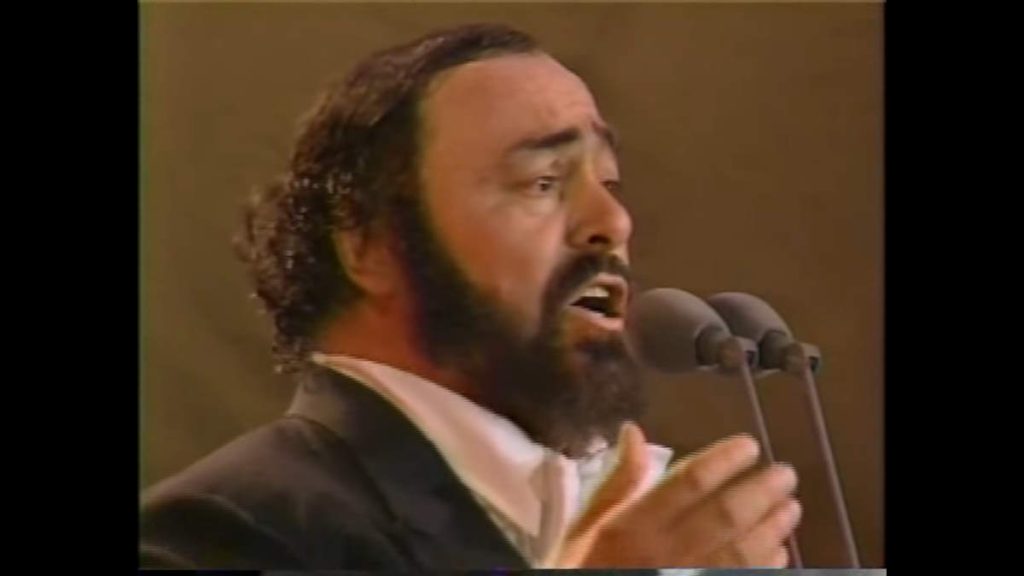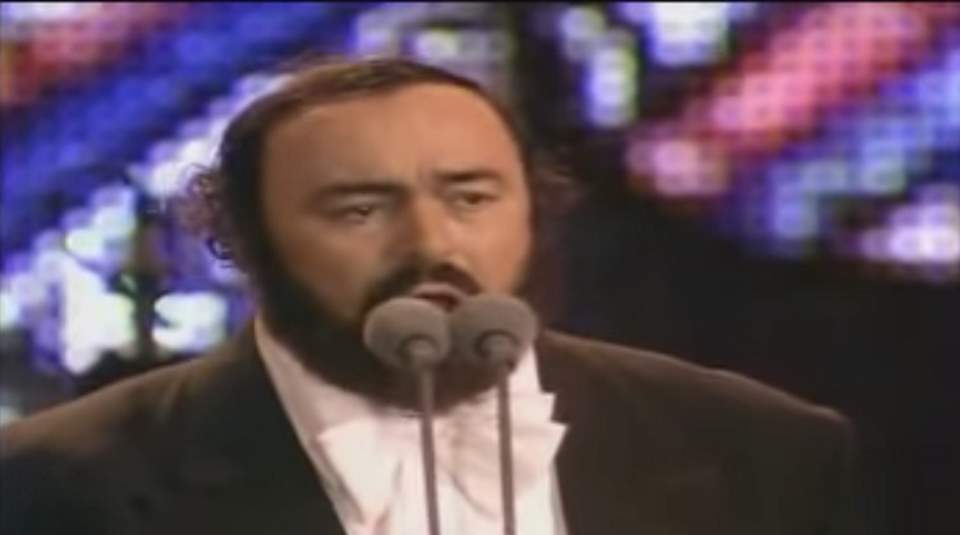The legendary Italian tenor Luciano Pavarotti sings Pourquoi me réveiller, one of the most famous and emotionally charged arias from Jules Massenet’s opera “Werther”, during a concert at New York’s Central Park on June 28, 1993. New York Philharmonic Orchestra conducted by Leone Magiera. More than 500,000 listeners gathered for Pavarotti’s free performance on that day.
Massenet’s opera Werther, first performed in 1892, is based on Johann Wolfgang von Goethe’s novel “The Sorrows of Young Werther,” a seminal work of the Sturm und Drang movement (German: “Storm and Stress”), German literary movement of the late 18th century that profoundly influenced the Romantic literary and musical aesthetic.
Jules Massenet’s Pourquoi me réveiller
The aria is sung by the protagonist, Werther, in the third act of the opera. At this point in the story, Werther is deeply in love with Charlotte, who is married to another man. The aria expresses Werther’s torment and despair as he confronts his unrequited love and the realization that his passion will never be fulfilled.
“Pourquoi me réveiller” translates to “Why awaken me?” in English. In this aria, Werther reads a poem about spring, which stirs in him a painful awakening to his hopeless situation. The lyrics speak of the return of spring and the blossoming of flowers, which will eventually fade and die. The poetic imagery mirrors Werther’s own feelings of fleeting happiness and inevitable despair. The music, characterized by its lyrical intensity and dramatic phrasing, perfectly encapsulates the emotional turbulence of Werther’s character.
Musically, the aria stands out for its poignant melody and the delicate orchestration that Massenet uses to underscore the depth of Werther’s sorrow. The aria is a favorite among tenors due to its emotional depth and the vocal prowess required to deliver its complex emotional nuances effectively.
Pourquoi me réveiller lyrics [Text]
French: Pourquoi me réveiller?
Recit:
Ah! bien souvent mon rêve s’envola
sur l’aile de ces vers,
et c’est toi, cher poète,
qui bien plutôt était mon interprète!
Toute mon âme est là!
Air:
Pourquoi me réveiller, ô souffle du printemps?
Pourquoi me réveiller?
Sur mon front, je sens tes caresses
Et pourtant bien proche est le temps
des orages et des tristesses!
Pourquoi me réveiller, ô souffle du printemps?
Demain dans le vallon viendra le voyageur,
Se souvenant de ma gloire première.
Et ses yeux vainement chercheront ma splendeur,
Ils ne trouveront plus que deuil et que misère!
Hélas!
Pourquoi me réveiller, ô souffle du printemps?
English: Why should I wake up?
Recitative:
Oh! Very often my dream flies
To the wings of this verse
and it’s you, dear poet,
who is rather my performer!
All my soul is here!
Melody:
Why should I wake up, in the breath of spring?
Why should I wake up?
On my forehead, I feel your touches
And very soon, the time will come
for thunders and sadness!
Why should I wake up, in the breath of spring?
The traveler will come to the valley tomorrow,
remembering my first glory
And his eyes will look for my splendor in vain,
But they won’t find anything but grief and misery!
Alas!
Why should I wake up, in the breath of spring?
Sources
- Werther on Wikipedia
- Pourquoi me réveiller? lyrics on the Lyrics Translate website


